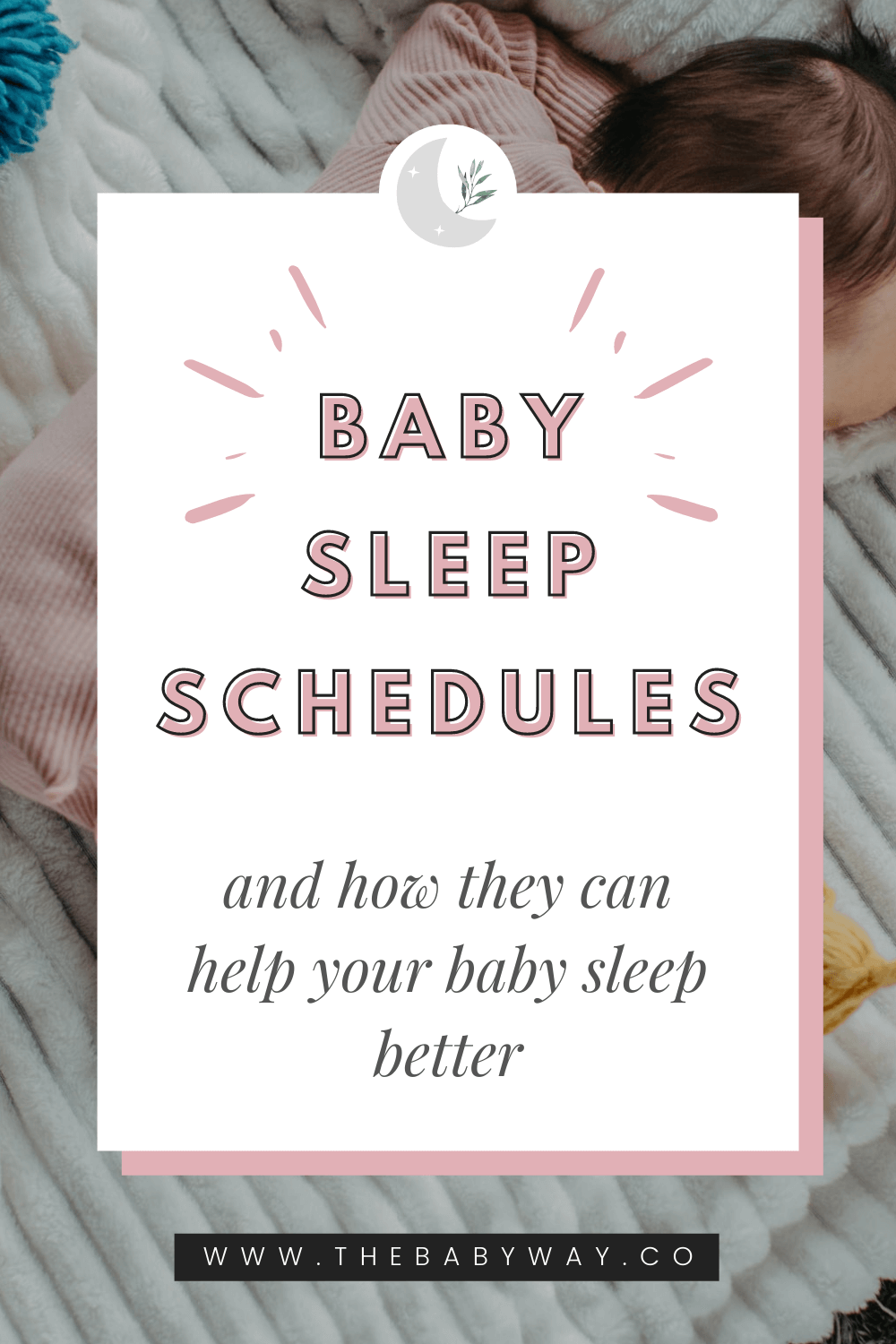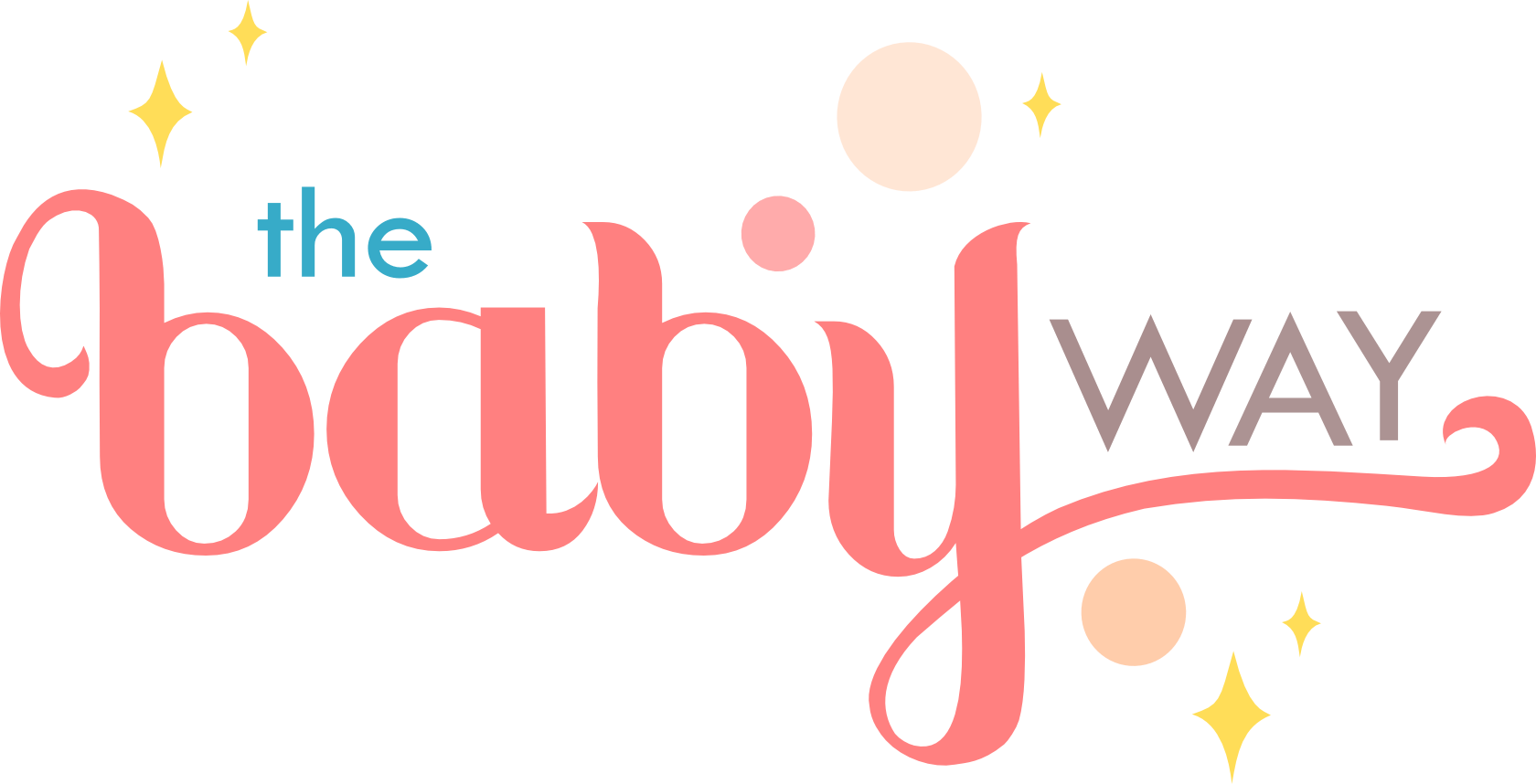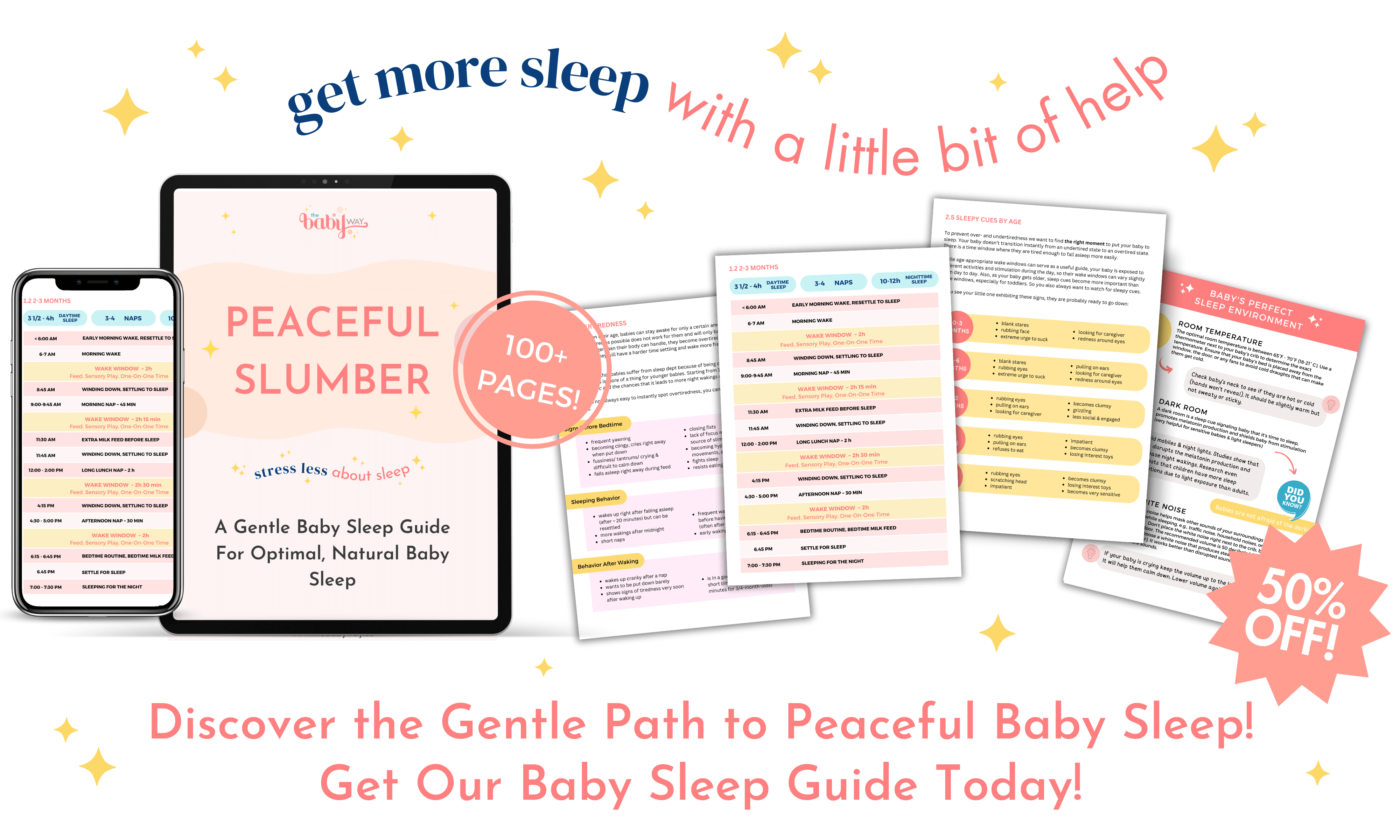How your baby and family can benefit from regular nap and bedtime
Some parents swear by them, others are skeptical. Of course, I am talking about the baby sleep schedule.
A sleep schedule can be a useful tool to keep track of daytime sleep and wake windows. They can also help some parents gain back a little bit more control of the day. They have a sense of when their baby is going to sleep, can better plan ahead, and create a routine for their baby. On the other hand, other parents may feel that a schedule is too restrictive, especially when it comes to being out and about. Some will even wind up focusing so much on a schedule that it stresses them more instead of helping them.
For my part, I have tried several things. I had a very strict schedule with my first and a more loose one with my second. And what I have personally learned is that I believe in the benefits of predictability and consistency of both a sleep schedule and a flexible routine. I believe in a healthy balance of both. I have also learned how to implement a schedule that won't stress me and yet have regular naps and bedtimes.
So before I tell you what I did, let's first take a look at the benefits and possible drawbacks of a schedule.
The Benefits of a Baby Sleep Schedule
Children Thrive on Predictability and Routine
Our little humans face a lot of new adventures every day, which can be really scary and stressful. So what can you do to help them cope with the yet unknown world and new life experiences? Make the rest of the day as predictable as possible. Having a schedule helps your child know what comes next. A consistent routine allows your child to feel safe. They have no control over so many aspects revolving around their life and rely so much on caretakers. They have to tackle so many changes at an incredible pace. A regular structure of their day will give them the feeling of actually being in control of their own lives and boost their confidence.
More Manageable Days for Parents
Not only do children benefit from predictability, parents do as well. Children will most of the time lead the day and the night. So many aspects of our lives revolve around them. But with a schedule, a parent can gain back some control over the day and eventually manage better. Things like scheduling appointments and leaving your child with a trusted babysitter can be much easier. So as boring as it sounds, consistency can help parents thrive. A regular routine can help you stay motivated and even help you create new good habits.
Longer Naps
The great benefit of a consistent schedule is to regulate your little one's sleep over the day. It will help you set your child's internal clock for regular nap times and longer naps. Once you have established a good daily routine, they will also start to nap for longer stretches. Keeping an eye on their awake time will also help you prevent under- and overtiredness.
Easier Nap and Bedtime
The predictability of a nap schedule will help your baby transition to sleep mode much easier. You can also plan enough time for a thorough bedtime routine to get them in the mood for sleep. As a result, they will be much easier to settle to sleep, and you will usually experience less resistance or bedtime battles.
Better Nighttime Sleep
Having naps at the right time during the day will increase the quality of their nighttime sleep. While the amount of total sleep in 24 hours is most important, you also want their sleep to be concentrated at night.
With a schedule, you can better track their amount of sleep during the day. With the right nap time, your child will sleep longer stretches at night and have fewer night wakings.
They Can Help During a Sleep Regression
During a sleep regression, your baby's sleep can deteriorate. They might have more trouble falling asleep, wake more often, or start to cat nap. A sleep schedule can help maintain their sleep behavior. With a flexible schedule, you also give them the security they need during this phase.
They Can Help With Nap Transitions
As your baby gets older, their daytime sleep will naturally decrease. Baby sleep patterns will change, and over the first few years, they will drop nap after nap until they don't sleep anymore during the day.
Now figuring out when your baby is about to drop a nap is not always easy. And nap transitions can also be tough on a baby because now they have to handle a longer wake time than they are used to.
With a schedule, you can help them prepare for that transition by shortening the naps. You will also better figure out which nap your baby is about to drop next and when they don't need that nap anymore.
Possible Downsides of a Baby Sleep Schedule
Feeling Bound to Your Home
A schedule gives some parents the feeling that you will be entirely bound to their home. They feel they have to be home in time for all their child's naps. So for parents that are more the out-and-about type, a schedule can strike a bitter feeling.
However, I always tell parents that a schedule doesn't mean that you constantly need to stay at home and cannot enjoy longer outings. The main goal is to give your day a routine to improve naps and nighttime sleep, but that doesn't mean you cannot go out or your child always has to sleep at home. Instead, add flexible days to your week. If your baby does sleep better at home, consider having half of the naps at home.
Your Friends or Family May Not Understand
Ok, I will be honest. I am definitely guilty of this. Before I had kids, I never truly understood why my mom friends wanted to be home at certain times or only had specific time windows to meet during the day. I understood bedtime because I remembered that from my childhood. But naps? Man, I did not know that you would care so much about when your baby would sleep during the day. Honestly, I have judged them too for not being easy-going about it. Until, tadaaa, I had my own baby, and nap time was holy!
Having a schedule may not always fit in with the plans of your family and friends. For example, you want to schedule your meetings around those naps, or you want your little one to have that one long daytime nap at home so you can get a break, too. Some of your family members or friends may not understand why that is so important to you.
A Schedule Might Stress You
This was a 100% me with my first baby. In an attempt to perfect my baby's sleep (which is not possible), I tried to keep the perfect wake windows and sleep times dead on time. I even tried to put my newborn baby on a schedule which I realized very fast didn't work. But I would constantly watch the clock. And whenever I was not able to get that baby to nap at that exact time of the schedule, I would fall on my knees and scream.
No, just kidding. But yes, I was stressed. I was stressed starting with the routine just in time. I was stressed when my baby took a longer time to fall asleep. I was stressed when they fell asleep in the car at the wrong time.
Boy, was I stressed a lot. And I believe I am not the only parent that feels that way.
But a schedule is not supposed to stress you. A schedule is supposed to free you from your anxiety if done right. Baby sleep is never regular, and whatever sleep problem you are experiencing, a perfect sleep schedule will not solve it. You should see a sleep schedule rather as a guide than the bible. If, for example, you have a lunch nap at 12:00 PM, then see it as ok, at around 12:00 PM, my baby usually sleeps. So now I will watch out for tired signs. If your baby sleeps at 11:40 or 12:30 is not a big deal. It is only supposed to give you guidance.
When to Start With a Sleep Schedule
Newborn sleep is very unpredictable. Sleep of newborn babies is often all over the place, day and night. So I don't recommend starting too early with a newborn sleep schedule. Usually, after around 2 months, most babies have developed their circadian rhythm. By then, baby sleep pattern becomes more regular and predictable, and you can start with a loose schedule.
Now, the younger the baby is, the more crucial wake windows and the right naps time are. Overtiredness will also be more of a thing when you have a young baby. So until 14-15 months, you want to have a more consistent wake-up time in the morning and should watch for the right awake times in your schedule.
When your child is only on one nap, schedules become very loose. There is really no need to wake the baby in the morning, and overtiredness is not such a big deal anymore. You can keep it much more flexible and go with the flow.
Finding the right schedule for your family is a process of trial and error. Consider your family dynamic and your child's personality when you start to implement a daily schedule. While there are children that are highly adaptable to changes, others might be more sensitive and get overwhelmed by inconsistencies. They will react with anxiety and uneasy behavior.
Summing Up
At the end of the day, every family has to find their own rhythm that fits the needs of the children and the parents. Not every family might be a fan of a rigid schedule. Some prefer to be more flexible and take it day by day. For others, being schedule-oriented helps them a lot to get through the day.
But you can also find a solution in between, and I definitely fall into that category. As I already told you, I was obsessed with having a perfect schedule with my first baby. With my second, I was way more relaxed, and I would simply target a time range for naps, for example, 12-1 PM for our lunch nap. I also kept my schedule during the working week but didn't care about it at weekends.
You probably read on many different resources that a schedule is absolute key if you want a perfectly sleeping baby. And yes, it can improve naps and sleep overall. But it is most certainly not the secret to having a perfectly sleeping baby.









